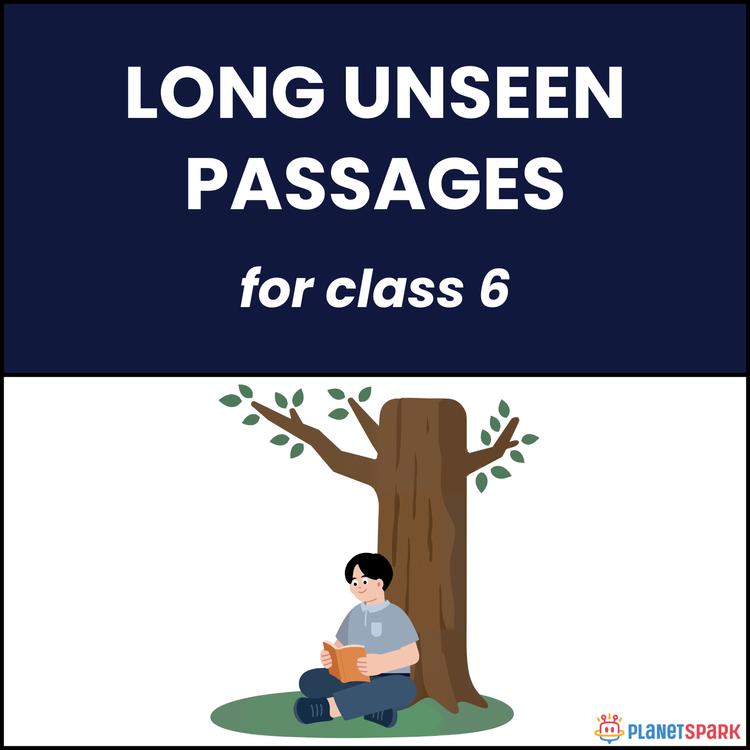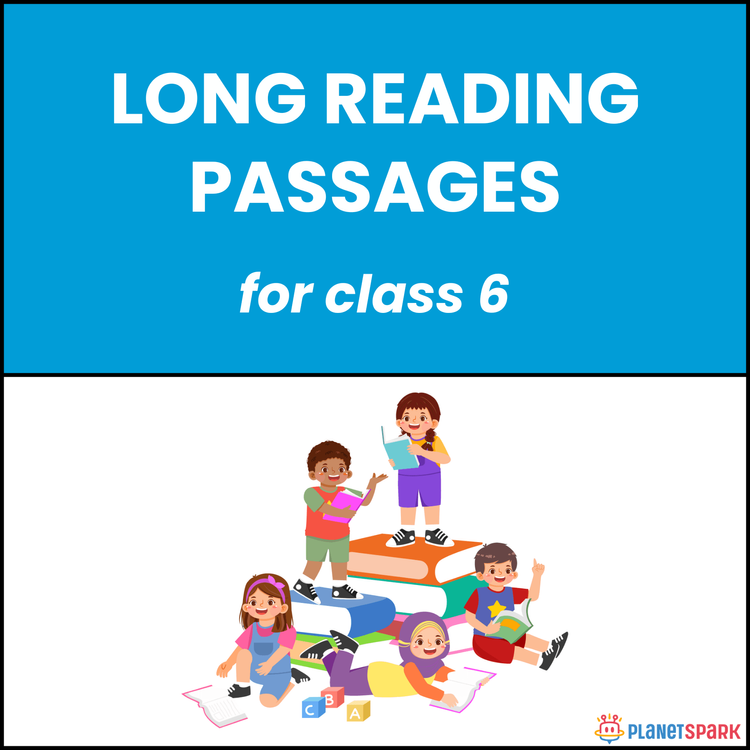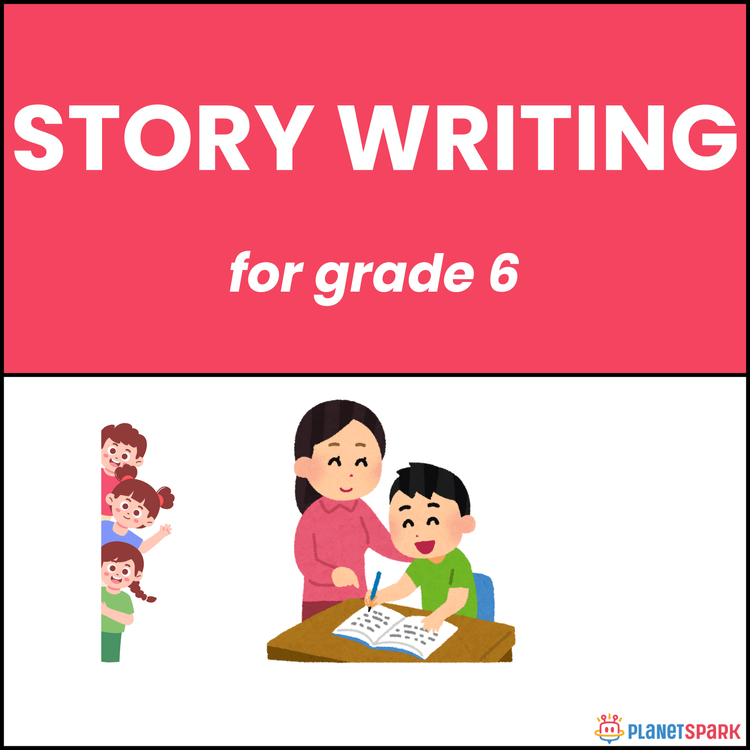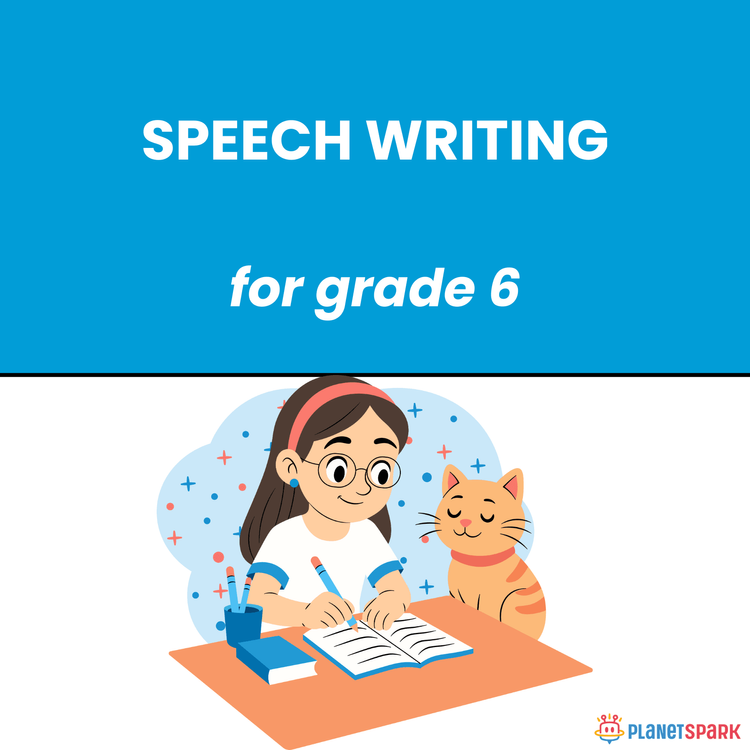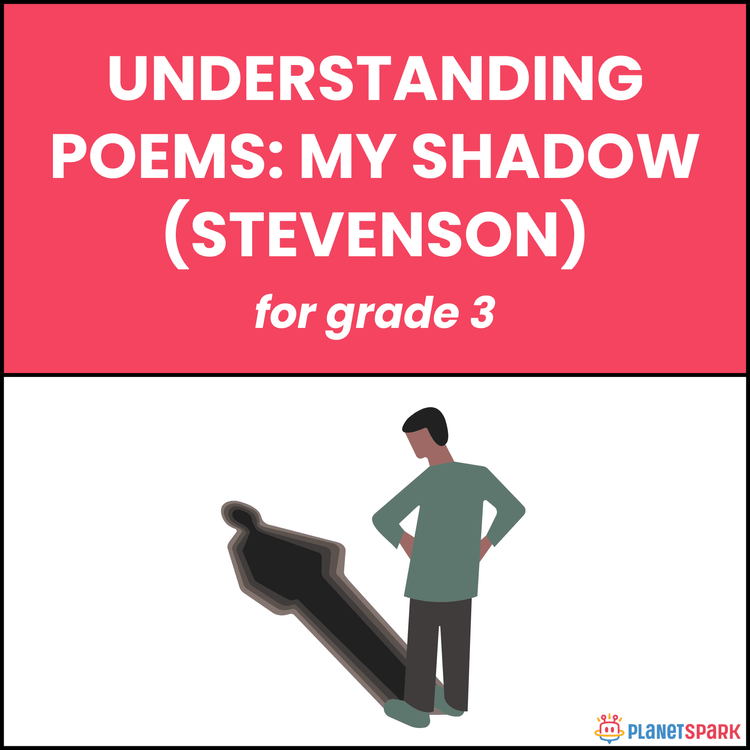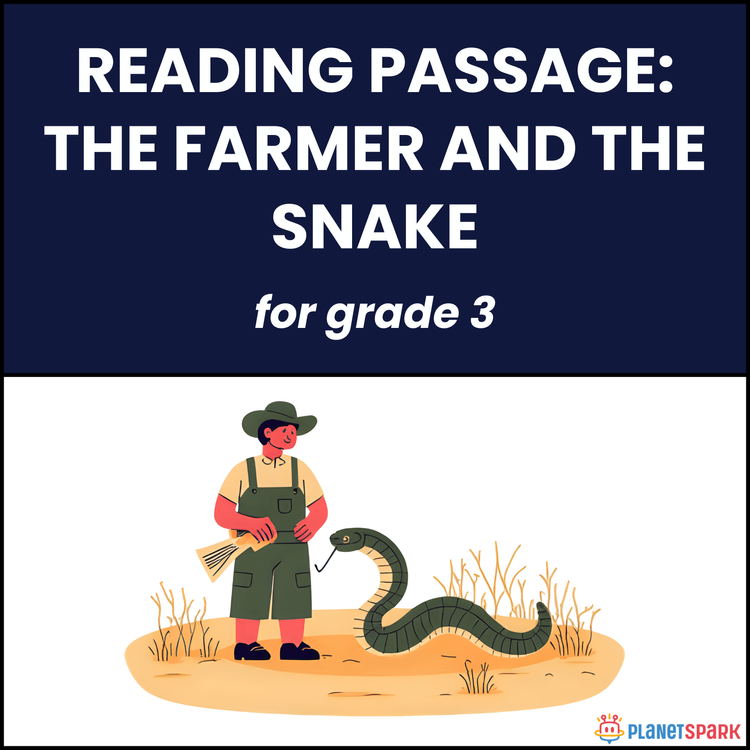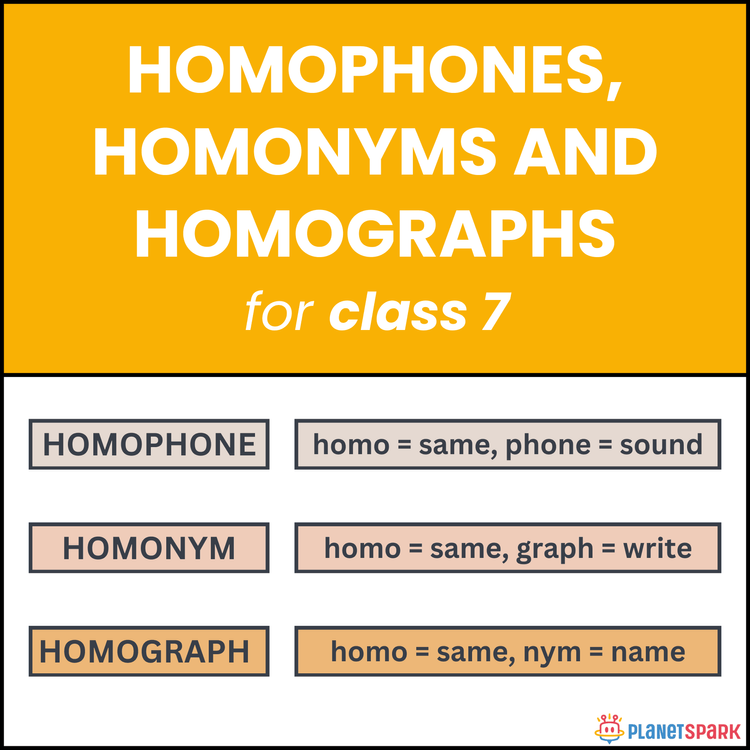Class 6 Vocabulary Worksheet on Prefixes and Suffixes
Class 6EnglishEnglish GrammarFree DownloadPDF
Tanishka SharmaVisit Profile
English teacher with 2 years of expertise from teaching in both IB and CBSE schools.


Class 6 Vocabulary Worksheet on Prefixes and Suffixes
Class 6EnglishEnglish GrammarFree DownloadPDF
Tanishka SharmaVisit Profile
English teacher with 2 years of expertise from teaching in both IB and CBSE schools.
Build New Words: Prefixes and Suffixes for Class 6
This Grade 6 worksheet helps students understand and apply prefixes (like *un-, dis-, re-*) and suffixes (like *-ful, -less, -ly, -er*) to form new words and change word meanings. With identification, blanks, corrections, and word-creation tasks, learners improve their vocabulary and grammar fluency.
Why Prefixes and Suffixes Matter in Grammar?
Understanding word parts builds word power. For Grade 6 students, this topic is essential because:
1. Prefixes change the meaning of a word (e.g., *dislike* = not like).
2. Suffixes change a word’s form or function (e.g., *hopeful* = full of hope).
3. It strengthens spelling and decoding unfamiliar words.
4. It supports both vocabulary growth and sentence writing.
What’s Inside This Worksheet?
This worksheet includes four vocabulary-focused grammar exercises:
🧠 Exercise 1 – Underline the Prefixes and Suffixes
Students read 10 sentences and underline the words that contain either a prefix or a suffix.
Example: “She gave me a *hopeful* smile.” → underline *hopeful*
✏️ Exercise 2 – Fill in the Blanks
Students complete 10 sentences using the correct prefix or suffix form of a base word (e.g., *restart, careless, quickly*).
📋 Exercise 3 – Rewrite the Sentences
Each sentence includes an incorrect prefix or suffix word. Students must rewrite the sentence with the correct version.
Example: “She was very hopeless in class.” → “She was very hopeful in class.”
🎨 Exercise 4 – Word Building and Sentence Creation
Students are given 5 base/root words. For each word, they must create a new word using a prefix, another using a suffix, and then write a sentence using one of the new words (e.g., *dislike, likable*).
✅ Answer Key (For Parents & Educators)
Exercise 1 – Underlined Words with Prefixes/Suffixes Exercise 2 – Fill in the Blanks
1. rewrite 1. restart
2. dislikes 2. disagreeable
3. preview 3. preview
4. hopeful 4. careless
5. careless 5. patiently
6. quickly 6. painter
7. painter 7. quickly
8. fearless 8. cheerful
9. clearly 9. disrespectful
10. unhappy 10. happier
Exercise 3 – Rewritten Sentences
1. She was very **hopeful** in class.
2. He acted **carelessly** at the party.
3. They **disagreed** with the idea.
4. It was a **joyful** day.
5. The teacher is very **knowledgeable**.
6. Her action was so **childish**.
7. That was a **helpful** gesture.
8. He was very **playful** in school.
9. The solution was very **confusing**.
10. The king was **fearless**.
Exercise 4 – Sample Word Creations and Sentences
1. Root: like → Prefix: *dislike*, Suffix: *likable* → Sentence: I dislike going out in the rain.
2. Root: use → Prefix: *reuse*, Suffix: *useful* → Sentence: This is a very useful tool.
3. Root: help → Prefix: *unhelpful*, Suffix: *helpful* → Sentence: He is always helpful during group work.
4. Root: hope → Prefix: *unhopeful*, Suffix: *hopeful* → Sentence: We felt hopeful after the exam.
5. Root: read → Prefix: *reread*, Suffix: *reader* → Sentence: I am a fast reader of adventure books.
Help your child build a strong vocabulary by mastering prefixes and suffixes with a Free 1:1 Communication Skills Trial Class at PlanetSpark.
🔖Book a free trial!
Frequently Asked Questions
A prefix is added to the beginning of a word (e.g., *unhappy*), while a suffix is added to the end (e.g., *joyful*).
Yes! This worksheet is perfect for strengthening vocabulary through practical word formation practice.
Absolutely. Understanding affixes helps decode complex words found in Olympiads and grammar-based entrance tests.
